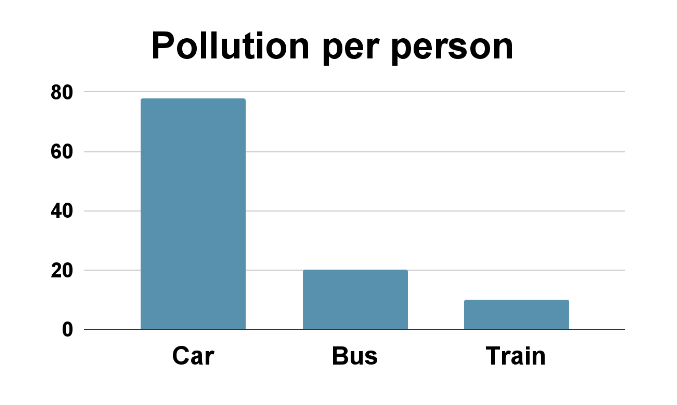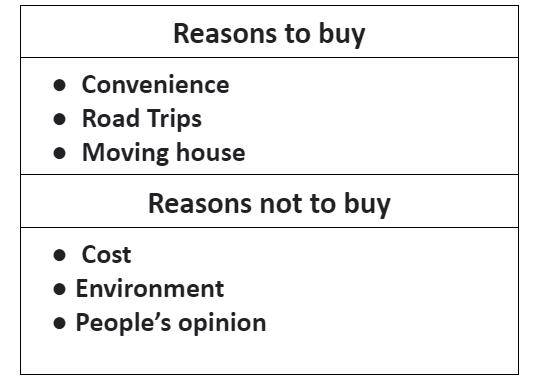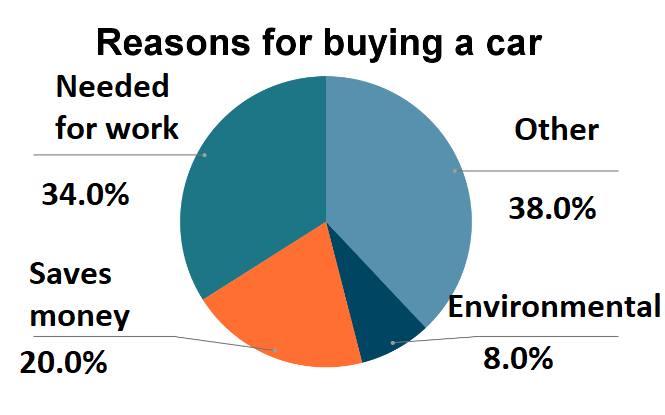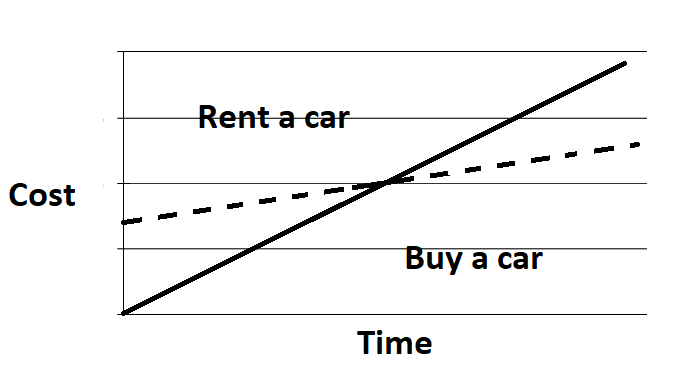Part A Introduction

Part A_1 Introduction
Let’s introduce ourselves to each other.
自己紹介をしましょう。
My name is ________. What is your name?
Part A_2 Introduction
I am ________. Nice to meet you.
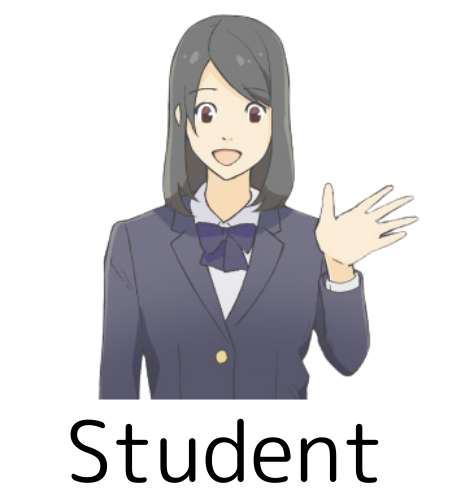

Part A_3 Introduction
Nice to meet you too, ________. Did you wake up early this morning?
Part A_4 Introduction
| Answer: |


Part A_5 Introduction
________________________________. Let’s begin our lesson!
Part B Listening 1

Part B_1 Listening 1
Please listen carefully while I read the passages.
Then, choose the letter that matches the content.
Then, choose the letter that matches the content.
講師がパッセージを一度読み上げます。そのあと内容に合う文章を次のa~dから選びましょう。最後に答え合わせをします。

Part B_2 Listening 1
| a. | Married women with children perform all tasks at home, while the men do nothing. |
| b. | Women look after animals and maintain the house and garden. |
| c. | The hours spent on childcare have increased because today’s parents are expected to be more involved in their children’s lives. |
| d. | A positive shift since 2002 is that women now do more and men less. |
Part B_3 Listening 1
| Answer: |


Part B_4 Listening 1
Please listen carefully while I read the short passage once. Then, choose the letter of the correct answer.
パッセージの続きを一度だけ読みます。そのあと内容に合う文章を次のa~dから選びましょう。

Part B_5 Listening 1
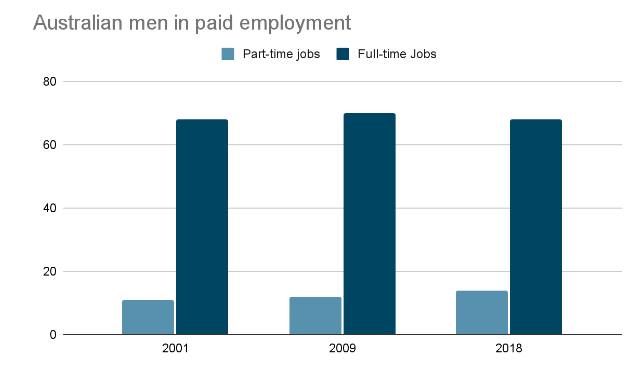
| a. | 2018 has the highest percentage of men with part-time and full-time jobs. |
| b. | Many men prefer to stay at home with their partners. |
| c. | Full-time job opportunities increased for men but decreased for women. |
| d. | The number of both men and women working part-time increased. |
Part B_6 Listening 1
| Answer: |


Part B_7 Listening 1
Now, let’s review your answers.
では、あなたの答えを復習してみましょう。
Part B_8 Listening 1

Part C Listening 2

Part C_1 Listening 2
Please read the situation below. Then, please listen carefully while I read the dialogue.
After that, please answer the following questions.
After that, please answer the following questions.
下記の状況を読んでください。その後講師が会話文を音読するので、質問に答えましょう。
Part C_2 Listening 2
Sarah and George are talking about doing an essay at the library and at home.


Part C_3 Listening 2
1. What is George’s main point?
| a. | He can read everything online. These days, he reads everything on his tablet. |
| b. | He prefers to study at the library because he cannot focus at home. He also believes that the library should be maintained as a public place where anyone can learn. |
| c. | He believes that library budgets should be reduced and that the savings should be used to make all books available online. |
| d. | Doing the essay at the library is so uncomfortable. |
Part C_4 Listening 2
| Answer: |


Part C_5 Listening 2
2. What is Sarah’s first suggestion to George?
| a. | She can help George with the essay. |
| b. | George can find what he is looking for online. |
| c. | George can do the essay at home. |
| d. | George can read free books online. |
Part C_6 Listening 2
| Answer: |


Part C_7 Listening 2
Now, let’s review your answers.
では、あなたの答えを復習してみましょう。
Part C_8 Listening 2

Part D Listening 3

Part D_1 Listening 3
Please read the situation below. Then, please listen carefully while I read the dialogue.
After that, please answer the following questions.
After that, please answer the following questions.
下記の状況を読んでください。その後講師が会話文を音読するので、質問に答えましょう。
Part D_2 Listening 3
4 people (Peter, Tony, Emma, and Jane) are talking about buying a car.


Part D_3 Listening 3
1. After the conversation, how many of the 4 people agreed that buying a car is not the best decision?
Part D_4 Listening 3
| Answer: |


Part D_5 Listening 3
|
2. Which picture matches the idea of Tony, Jane, and Emma?
|
| a. |
|
b. |
|
| c. |
|
d. |
|
Part D_6 Listening 3
| Answer: |


Part D_7 Listening 3
Now, let’s review your answers.
では、あなたの答えを復習してみましょう。
Part D_8 Listening 3

Part E Vocabulary

Part E_1 Vocabulary
We will read aloud the words below. Please repeat after me. I will check your pronunciation.
単語を音読します。講師に続いて読みましょう。講師は発音を確認します。
Part E_2 Vocabulary
| 1. |
tuberculosis
|
|
結核
|
|
| 2. |
criticism
|
|
批判
|
|
| 3. |
enroll
|
|
入学する
|
|
| 4. |
blood transfusion
|
|
輸血
|
|
| 5. |
discovery
|
|
発見
|


Part E_3 Vocabulary
Now, let’s review some words from part E_2.
ではいくつかの単語、文章を復習してみましょう。
Part E_4 Vocabulary

Part F Reading

Part F_1 Reading
Please read aloud the whole passage below. I will check your pronunciation and intonation.
以下の文章を声に出して読んでみましょう。
(Please send the mispronounced words and phrases to your student.)
Part F_2 Reading
Charles Drew
Charles Drew, an African-American, was born in 1904 in Washington, D.C. Drew’s sister died of tuberculosis when he was fifteen years old. After the incident, he thought of becoming a doctor someday. Many years later, Charles Drew continued his dream despite all the challenges and criticism. He enrolled in a medical school in Canada in 1928 and began his lifelong study of blood.
In the 1930s and 1940s, getting a blood transfusion wasn’t easy. Drew discovered that removing the solid cells (such as red blood cells) from the blood and keeping only the liquid fraction, known as plasma, allowed him to store the blood for a long time. After that, it could be used in transfusions whenever and wherever it was required. Drew founded the first blood bank in New York City after the discovery.


Part F_3 Reading
Now, let’s review some words and sentences from part F_2.
ではいくつかの単語、文章を復習してみましょう。
Part F_4 Reading

Part G Reading

Part G_1 Reading
I will ask the following questions. Please answer questions 1 to 2 based on the passage, and 3 based on your opinion.
講師が3つ質問をします。1~2はパッセージの内容に基づいて、3はあなたの意見を伺います。

Part G_2 Reading
| 1. | Why did Charles dream of becoming a doctor? |
Part G_3 Reading
| Answer: |


Part G_4 Reading
| 2. | What did Charles discover? |
Part G_5 Reading
| Answer: |


Part G_6 Reading
| 3. | What motivates you to study and participate in club activities? |
Part G_7 Reading
| Answer: |


Part G_8 Reading
Now, let’s review your answers.
では、あなたの答えを復習してみましょう。
Part G_9 Reading

Part H Making sentences

Part H_1 Making sentences
Please construct sentences using each word below.
以下の言葉を使って文章を作りましょう。
Part H_2 Making sentences
| criticism | |
| discovery |


Part H_3 Making sentences
Now, let’s review your answers.
では、あなたの答えを復習してみましょう。
Part H_4 Making sentences

Part I Making essay

Part I_1 Making essay
Please answer this question:
“What is important for us to live in harmony with people of different cultural backgrounds?”
In your answer, explain what is important and why you think it is important.
“What is important for us to live in harmony with people of different cultural backgrounds?”
In your answer, explain what is important and why you think it is important.
“What is important for us to live in harmony with people of different cultural backgrounds?” の質問に答えましょう。何が大切なのか、なぜそう思うのかも教えてください。
Part I_2 Making essay
“What is important for us to live in harmony with people of different cultural backgrounds?”
(Please read aloud your answer.)
答えを読み上げてください。


Part I_3 Making essay
Thank you for your presentation. You did a wonderful job. Now, let’s review your answer.
発表ありがとうございました。では、あなたの答えを復習してみましょう。その後、修正したあなたの答えを読んでみましょう。
Part I_4 Making essay

Part J Review and feedback

Part J_1 Review and feedback
Now, let us review the things that you learned in this lesson.
ではこのレッスンで学んだことを振り返りましょう。
(Please give a short feedback on how your student did on your class.)
| Grammar
文法
|
Pronunciation
発音
|
Vocabulary
単語
|
Comprehension
理解
|
|
|---|---|---|---|---|
 GOOD GOOD |
Was able to speak in complete sentences with minimal grammatical errors.
文法の誤りはほとんどなく、完全な文章で話すことができる |
Was able to pronounce most of the words clearly and correctly.
ほとんどの単語をはっきりと正しく発音することができる |
Used appropriate expressions learned in class.
習った表現を適切に使うことができる |
Was able to understand the passages and answer the questions correctly.
文章を理解し、質問に正しく答えることができる |
 FAIR |
Was able to speak in complete sentences with evident grammatical errors.
文法の誤りはあるが、完全な文章で話すことができる |
Mispronounced a few words.
発音の練習が必要な言葉がいくつかある
|
Used appropriate expressions learned in class and made a few errors in word choice.
たまにミスはあるが、習った表現を適切に使うことができる |
Had a little difficulty in understanding passages and answering questions.
文章を完全に理解するのは難しく、質問に正しく答えられないときもある |
 POOR |
Was able to speak using words only.
文章で話すのは難しく、単語だけで話すことができる |
Mispronounced most of the words.
発音の練習が必要である |
Used only a few words and expressions.
習った単語と表現を少しだけ使うことができる |
Had a hard time understanding passages and answering questions.
文章を理解するのは難しく、質問に答えるのは難しい |
Part K Free talk

Part K_1 Free talk
Let’s do a free talk about the following topics.
フリートークをしましょう。

Part K_2 Free talk
| 1. | Do you have a dream? – If yes, what are you doing to achieve your dreams? Please tell me more. – If no, what do you enjoy doing the most? Do you think you can make the most of it in the future? |
Part K_3 Free talk
| Answer: |


Part K_4 Free talk
| 2. | Would you stop what you are trying to do just because of the opinions of other people? Why or why not? |
Part K_5 Free talk
| Answer: |

